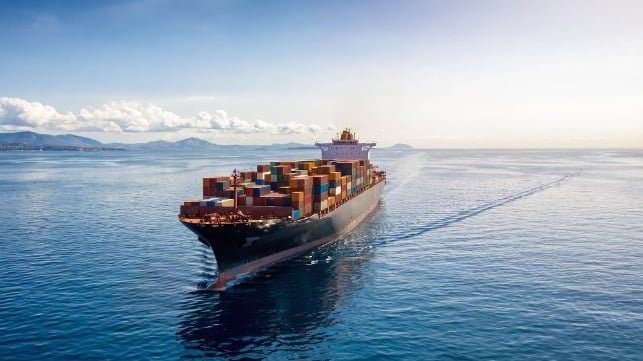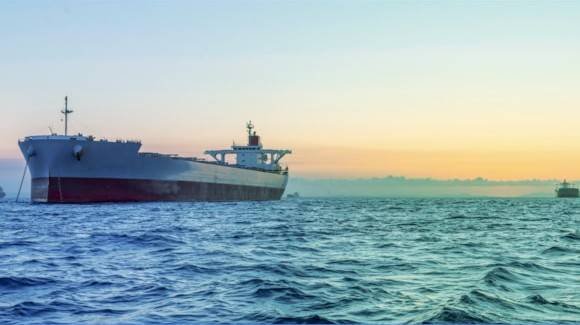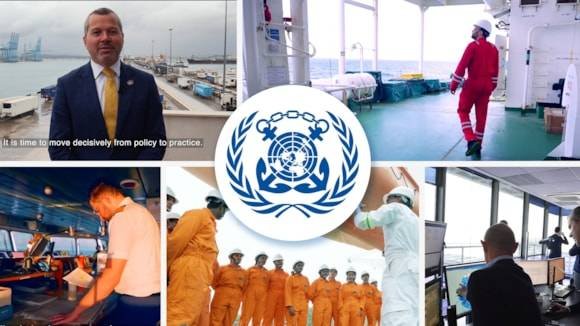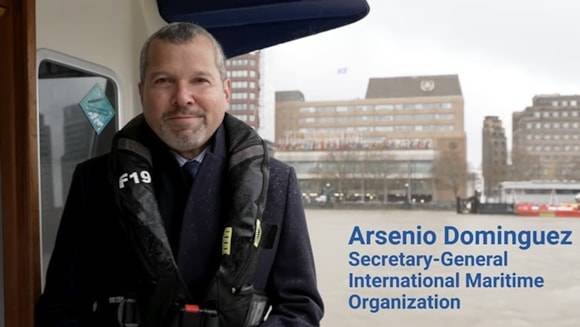The World Shipping Council has proposed a “feebate” bunker tax-and-subsidy program to help transition to greener fuels. Under this plan, fossil bunker consumers would pay a levy, with the proceeds used to subsidize the price of expensive green fuels. The International Chamber of Shipping has proposed a similar feebate structure, with a starting levy of $20-40. The WCS’ proposal would also start at a comparable level, but would increase automatically to match the expansion of the green-fueled fleet.
The feebate structure would provide “pay-go” funding for the program, assisting the green fuel initiatives of container ship owners. This is particularly important as alternative-fueled propulsion is less common in the bulker and tanker sectors. The CEO of Taiwanese carrier Evergreen, K.H. Wu, emphasized the importance of collective action in striving towards decarbonization and the need for a new approach to greenhouse gas pricing to drive demand for cleaner fuels from the start of the transition. The proposals will be debated at the International Maritime Organization’s MEPC 81 meeting in March.
The feebate program proposed by the World Shipping Council aims to help make green fuels more competitive in the market by imposing a levy on fossil bunker consumers and using the proceeds to subsidize the price of expensive green fuels. This would provide “pay-go” funding for the program and assist container ship owners in transitioning to greener fuels. The proposal will be debated at the International Maritime Organization’s MEPC 81 meeting in March, with the aim of driving demand for cleaner fuels and collectively striving towards decarbonization in the shipping industry.


















